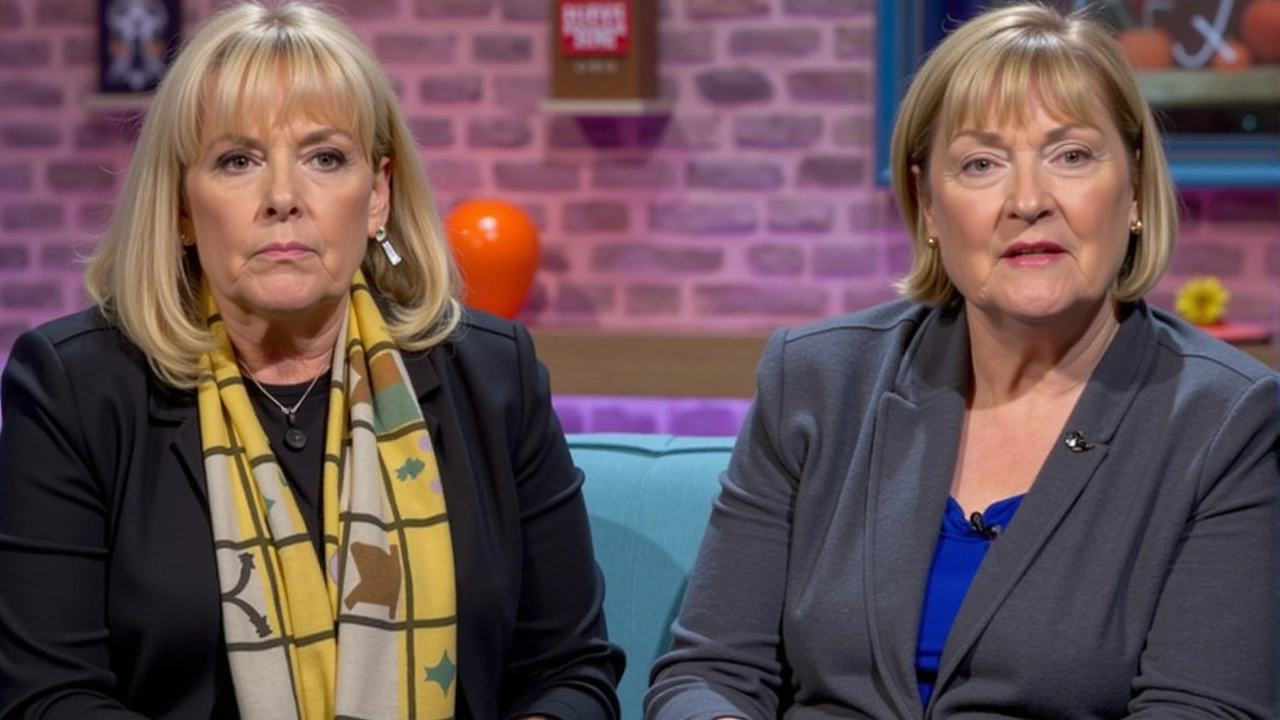Dementia Diagnosis: What to Expect and How to Prepare
Getting a dementia diagnosis can feel scary, but knowing the process makes it a lot easier to handle. You’ll discover the signs, the tests doctors use, and where to find help – all in plain language.
Spotting the early signs
Most people notice something isn’t quite right with their memory first. Common clues include forgetting recent conversations, misplacing everyday items, or struggling to follow a familiar route. Changes in mood, such as increased irritability or apathy, can also point to early dementia. If you or a loved one notice these patterns, jot them down. A simple note‑taking habit helps doctors see how long the changes have been happening.
What happens during the assessment?
The first step is usually a visit to your GP. They’ll ask about medical history, family history, and any medication you take. Next comes a series of quick tests – the Mini‑Mental State Exam (MMSE) or the Montreal Cognitive Assessment (MoCA) are the most common. These involve tasks like recalling a short list of words, drawing a clock, or following simple instructions. Don't worry if you feel nervous; the goal is to gauge how your brain is functioning right now, not to judge you.
If the initial screen suggests something beyond normal aging, you’ll be referred to a specialist – often a neurologist, geriatrician, or memory clinic. Here, they might run blood tests to rule out vitamin deficiencies, thyroid problems, or infections that can mimic dementia. Imaging scans such as MRI or CT are also common; they help spot brain changes like shrinkage or fluid buildup.
Sometimes the specialist will ask for feedback from a family member or close friend. This extra perspective helps fill gaps, especially when the person being assessed may not remember everything. It’s normal for the assessment to take a few appointments, so give yourself time and keep notes handy.
After the diagnosis: next steps and support
Receiving a diagnosis can trigger a mix of relief (finally having an answer) and worry (what’s next?). The key is to act quickly on the resources available. Most clinics provide a care plan that outlines medication, lifestyle changes, and community services. Medicines like cholinesterase inhibitors may slow symptoms for certain types of dementia.
Lifestyle tweaks matter too. Regular physical activity, a balanced diet, and brain‑stimulating hobbies (puzzles, reading, learning a new skill) can help maintain function. Keep appointments with your GP to monitor any changes or side effects from medication.
Support groups are a gold mine for both patients and caregivers. Local charities, NHS memory services, and online forums offer practical tips, emotional support, and legal advice. Don’t hesitate to ask about occupational therapy – therapists can suggest home modifications that make daily tasks safer and easier.
If you’re the caregiver, remember to look after yourself. Taking breaks, getting help from respite services, and staying connected with friends can prevent burnout. Many areas have respite‑care programs that give you a few hours or a night off while professionals look after your loved one.
Bottom line: a dementia diagnosis isn’t an endpoint; it’s a starting point for getting the right care, planning ahead, and keeping quality of life as high as possible. Stay proactive, lean on professionals, and use the community resources around you. You’ve got the tools – now it’s about using them wisely.
